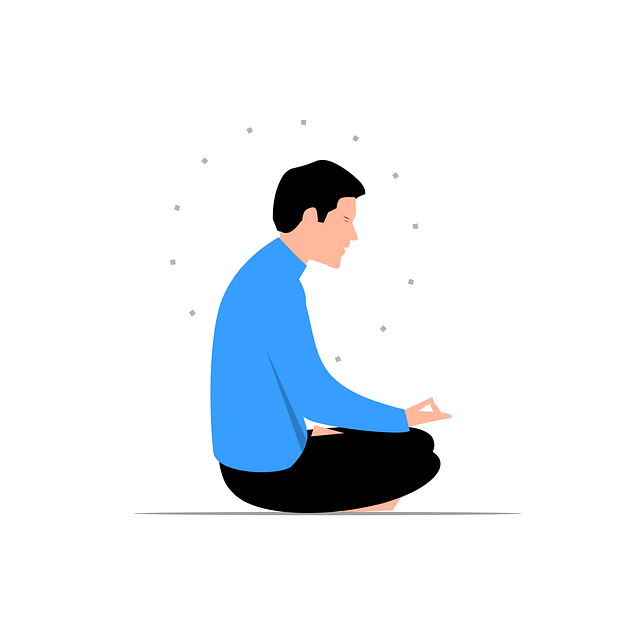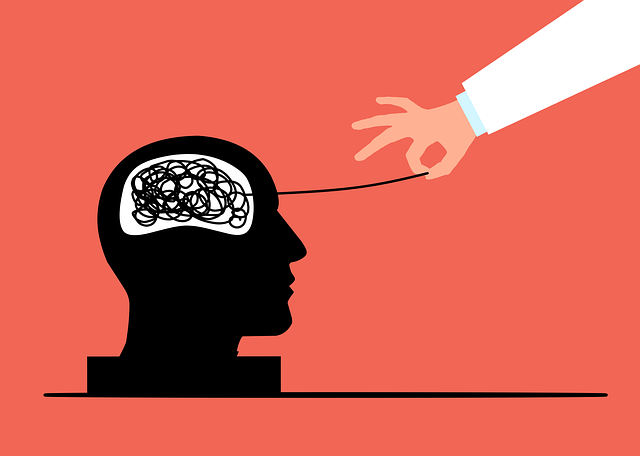Mental wellness journaling is an effective tool for self-reflection and personal growth, especially beneficial for managing conditions like Lone Tree Obsessive Compulsive Disorder (OCD) therapy. By documenting thoughts, feelings, and experiences in a structured manner, individuals gain insights into their mental state, track progress, and develop coping strategies. This practice fosters resilience, mindfulness, and emotional awareness, serving as a burnout prevention strategy for healthcare providers and improving overall well-being and performance. With guidance from a specialist in Lone Tree OCD therapy, dedicated journaling routines can help overcome barriers, challenge obsessions, and promote self-acceptance.
“Unwind your mind and embark on a journey of self-discovery through mental wellness journaling. This powerful tool offers a peaceful sanctuary where you can express your thoughts, emotions, and experiences. In this article, we guide you through the art of journaling, from comprehending its benefits to establishing a consistent routine. We also address specific challenges, such as overcoming barriers, offering insights tailored for those navigating Lone Tree Obsessive Compulsive Disorder (LTOCD) Therapy. Discover how this practice can enhance your mental wellness and provide a clear path for progress.”
- Understanding Mental Wellness Journaling
- Creating a Routine for Effective Journaling
- Overcoming Barriers and Tracking Progress with OCD in Mind
Understanding Mental Wellness Journaling

Mental wellness journaling is a powerful tool for self-reflection and personal growth. It involves documenting thoughts, feelings, and experiences related to mental health in a structured and consistent manner. This practice can be particularly beneficial for individuals dealing with conditions like Lone Tree Obsessive Compulsive Disorder (OCD) Therapy, as it provides a safe space to express and explore complex emotions. By setting aside dedicated time each day or week to write, one can gain valuable insights into their mental state, track progress over time, and develop coping strategies.
Journaling allows for the processing of experiences, helping to make sense of them and foster resilience. For healthcare providers, incorporating mental wellness journaling into self-care routines can serve as an effective burnout prevention strategy, complementing initiatives like Healthcare Provider Cultural Competency Training. It encourages mindfulness, emotional awareness, and a healthy outlet for stress or anxiety, ultimately contributing to improved well-being and enhanced performance in both personal and professional spheres.
Creating a Routine for Effective Journaling

Journaling is a powerful tool for mental wellness, offering individuals a dedicated space to explore their thoughts and emotions. When incorporated into a consistent routine, it becomes an effective therapy practice, especially beneficial for those managing conditions like Obsessive Compulsive Disorder (OCD). Establishing a routine ensures that journaling becomes a habit, fostering self-awareness and providing a sense of control. Start by setting aside a specific time each day, ideally when you’re most receptive and relaxed. Whether it’s morning coffee or evening quietness, make it a non-negotiable part of your schedule.
Consider incorporating compassion cultivation practices into your journaling ritual. Writing about challenging experiences with kindness and curiosity can help process trauma and promote self-acceptance. This practice encourages individuals to develop a deeper understanding of themselves and their struggles, ultimately enhancing their ability to cope with life’s challenges. With dedication and the right techniques, journaling can become a transformative journey towards improved mental wellness, complementing professional support like Lone Tree OCD therapy or Trauma Support Services while encouraging personal growth through Self-Awareness Exercises.
Overcoming Barriers and Tracking Progress with OCD in Mind

Overcoming barriers is a significant step in managing OCD, especially when it comes to starting and maintaining a mental wellness journal. For individuals with this disorder, the process can be challenging due to intrusive thoughts and compulsions. However, with the right approach, tracking one’s progress can become an effective tool for self-awareness and recovery.
A therapist specializing in Lone Tree Obsessive Compulsive Disorder therapy can guide individuals through these barriers. They may suggest implementing a structured routine for journaling, setting realistic goals, and focusing on progress rather than perfection. By combining this practice with self-care routines developed through community outreach program implementations, one can enhance their mental health awareness. Regularly documenting thoughts and behaviors allows individuals to identify patterns, challenge obsessions, and ultimately foster a healthier relationship with themselves.
Mental wellness journaling can be a powerful tool for self-reflection and growth, offering individuals a way to process emotions, track progress, and cultivate resilience. By integrating this practice into daily routines, as discussed in this guide, one can enhance their overall mental wellness. Remember, consistency is key; even brief journal entries can make a significant difference over time. For those managing conditions like Lone Tree Obsessive Compulsive Disorder (OCD), journaling provides a safe space to express and overcome intrusive thoughts, fostering a more balanced mental state. Embrace this journey of self-discovery and let your words be the catalyst for positive change.












